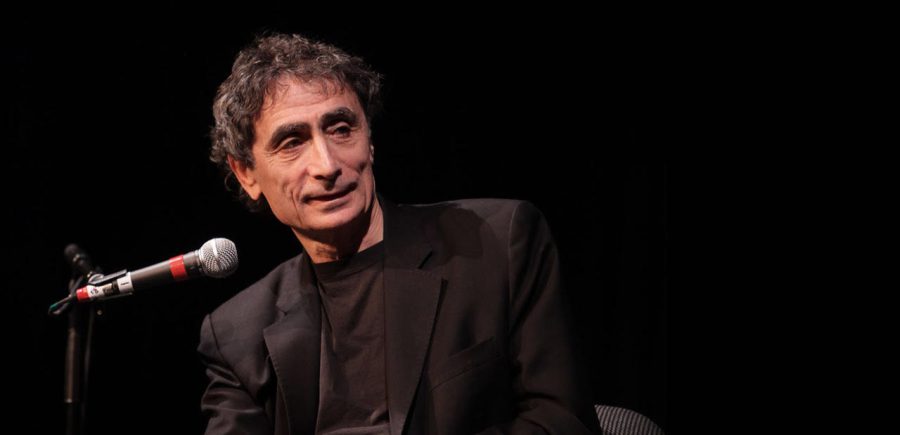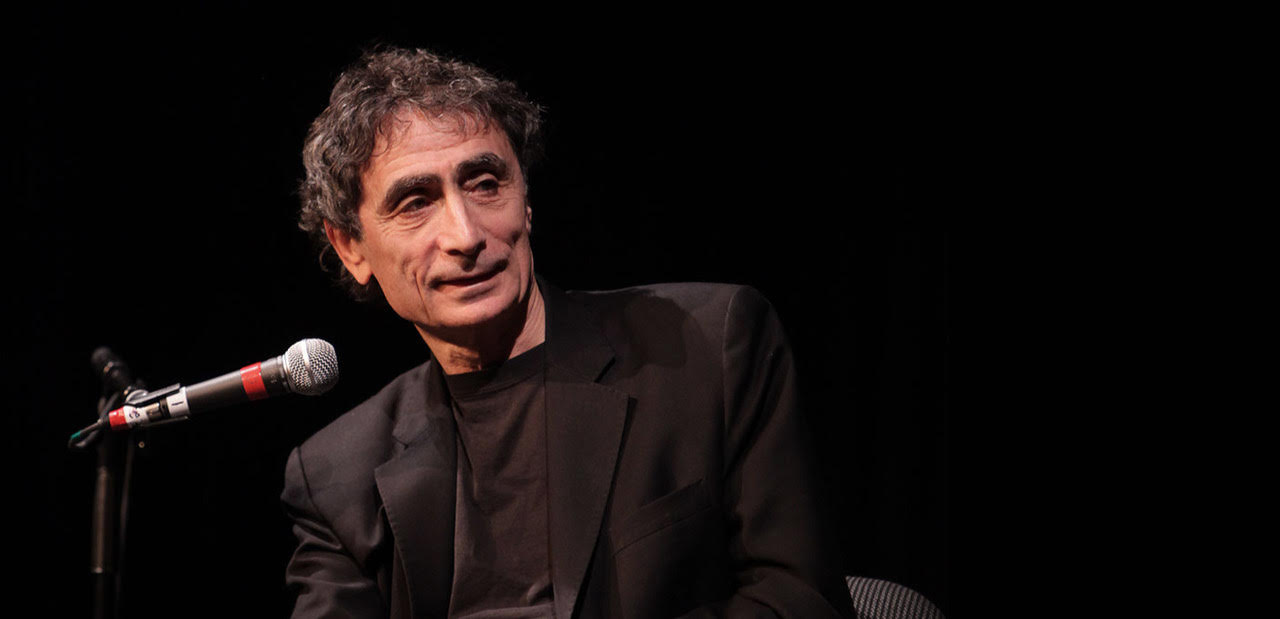ARTICLES, DRUG ABUSE & EFFECTS OF ALCOHOL. REHABILITATION
Dr. Gabor Maté: Fixing fentanyl addiction through trauma treatment


Dr. Gabor Maté’s most recent best-selling book draws on cutting-edge science and real-life stories to show that addictions originate in trauma and emotional loss. Gabor calls for a compassionate approach toward addiction, whether in ourselves or in others.
SOS Safety Magazine interviewed Dr. Mate to get his take on how society should be approaching Canada’s fentanyl crisis, and what we can do to fix the issues surrounding the epidemic.
Why do you think people start using opioids and why do they become so heavily dependent on them?
Opioids are the strongest pain relievers we have. They sooth not only physical pain, but emotional pain. The question is, why are so many people in emotional pain—and that is because of trauma or other emotional loss in childhood, in a culture that has forgotten how to care for children.
What are some traumatic events you believe lead to addiction?
It’s not a question of what I believe, it’s what the large scale studies show: such traumatic events include sexual, physical, or emotional abuse; the loss of a parent through death, mental illness, the parent being jailed; violence in the family; a parent being addicted; a child being neglected; a divorce. Parents being too stressed to emotionally be present for the child.
How do you think the opioid epidemic should be addressed by the public/government/health care system?
1) We should employ proven methods of harm reduction, such as supervised injection sites; the availability of substitute opiates such as methadone and suboxone; the provision of opiates, under medical supervision and in safe conditions to confirmed addicts who do not succeed with methadone or suboxone.
2) Dropping the criminalization of drug possession for personal use.
3) Treat addicts with the compassion and care any human who has suffered and is suffering desire.
Do you think there is enough support available to addicts in terms of health care and mental health care?
Most physicians do not understand—they are not taught about—trauma or its impacts on mental health and addictions. Hence, at best, doctors see these as problems to be controlled, not recognizing that it’s the underlying trauma that must also be addressed.
How do we begin to change the social view of addiction?
By telling the truth about it.
Do you have any advice for current addicts?
That depends what their goals are. You cannot dictate to anyone else how they should live their lives. For those wanting to heal from addiction, I would say do anything you can to get compassionate help. Even as you deal with your addiction, deal with the trauma, pain and shame that is driving your addiction. You are not sick or abnormal, you are just a human who has suffered a lot and have not found a way to address your suffering—that is why you are using.
Do you have any advice for family members or friends of addicts?
1) Either accept the addicted family member as they are, without enabling them, or tell them their addiction makes it impossible for you to be in their lives. But whatever you do, do not nag or pester them to change. And whether or not you stay with them, be loving towards them.
2) Even better, recognize that the addiction is not the problem of an isolated individual, but the manifestation of a multi-generational family history. So if one person is addicted, that can be impetus for the whole family to heal together.
Dr. Gabor Maté, M.D., is a bestselling author and a former medical columnist for the Globe and Mail. Dr. Maté weaves together scientific research, case histories, and his own insights and experience to present a broad perspective that enlightens and empowers people to promote their own healing and that of those around them. He has had a family practice, worked as a palliative care physician and worked with the addicted men and women in the Downtown Eastside of Vancouver. To learn, visit his site here.
Written by Meaghan Willis







